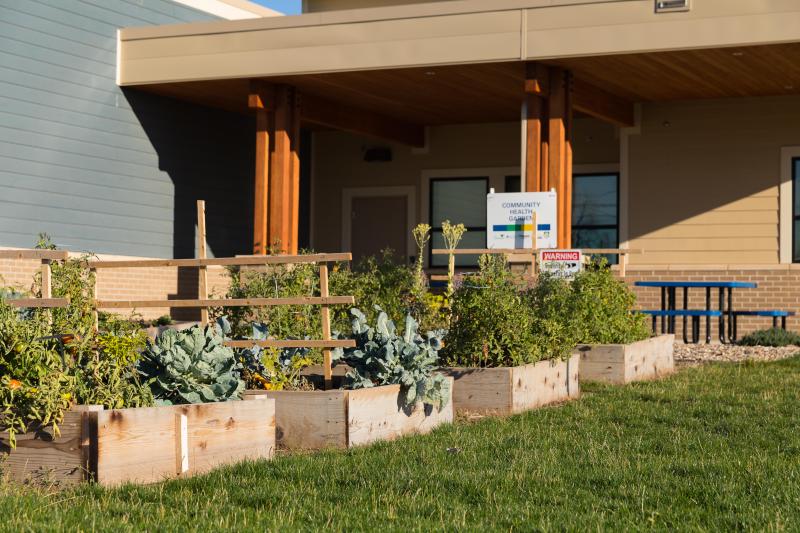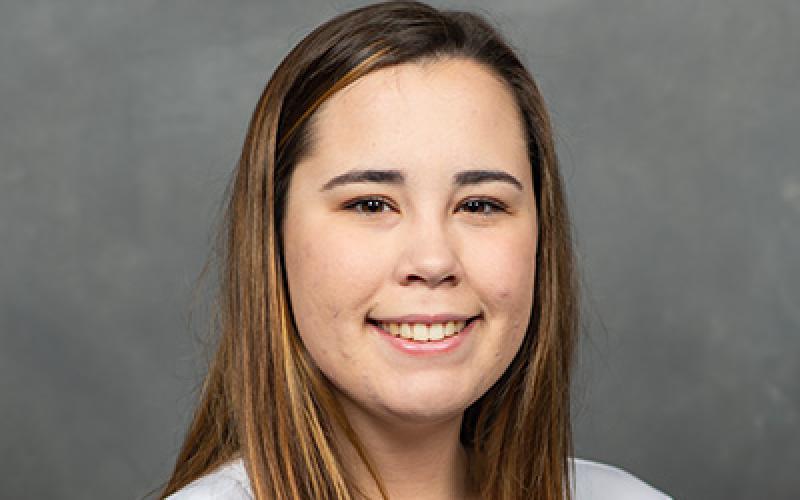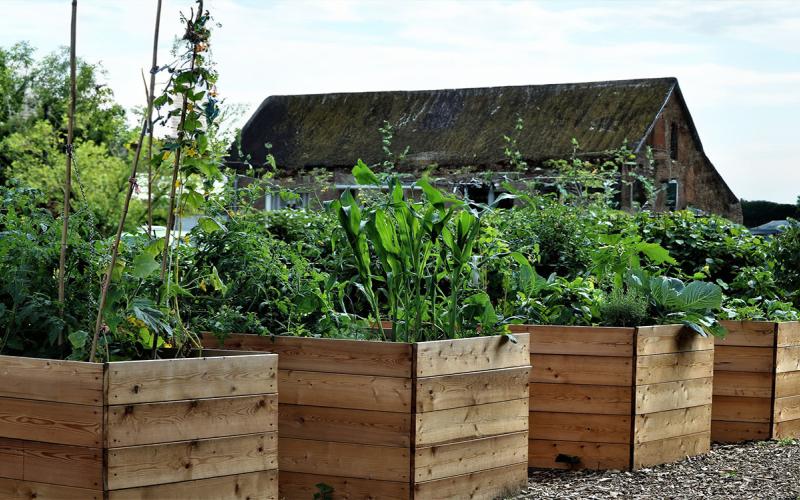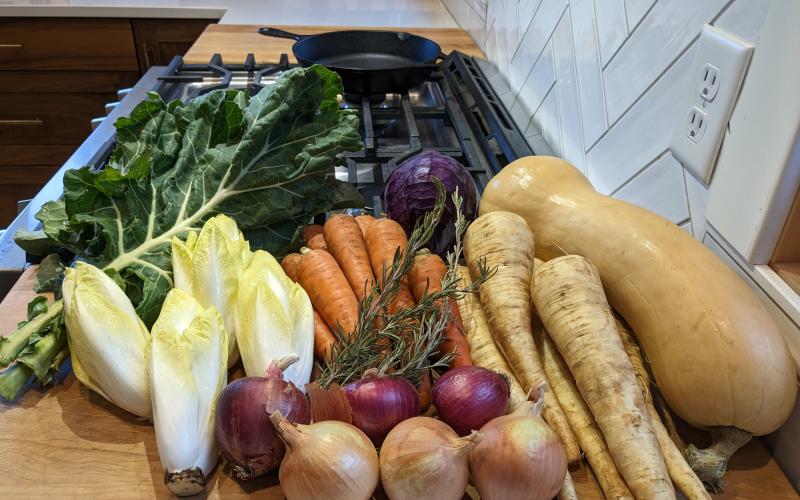Community Gardens Provide

Fresh Produce. Gardens provide fresh, nutritious produce for many families who couldn’t otherwise afford it, improving their diet and their overall health. They also relieve hunger by donating their excess produce to food pantries.
Healthy Lifestyles. Gardening is a chance to enjoy fresh air and healthy outdoor exercise. They provide a peaceful retreat easing stress. From a mental aspect, growing a vegetable garden may be a way for adults and children to cope with boredom and help families gain a sense of security.
A Cleaner Environment. The plants in a community garden add oxygen to the air and help reduce air pollution.
Stronger Communities. Sharing a community garden gives people a chance to connect with their neighbors. Gardeners also feel more personally invested in the places where they live, gaining sense of ownership and community spirit.
Educational Opportunities. Working in a community garden is a good way for kids to learn about where food comes from. Hands-on activities like gardening can encourage children to participate in a way that will enhance learning. Gardening can teach young, preschool- and elementary-aged children, to reinforce skills such as measurements, addition, subtraction, counting, sorting into categories and colors.
Food Safety Considerations
CDC states that ”Based on information about this novel coronavirus thus far, it seems unlikely that COVID-19 can be transmitted through food – additional investigation is needed” (CDC). Although COVID-19 is not likely to be transmitted through food, it is still important to continue to practice basic fruit and vegetable washing guidelines:
- Wash your hands thoroughly before washing fruits and vegetables. Wash hands again after handling the produce.
- Wash fruits and vegetables under running water before eating and preparing.
- Remember that it is important to wash all produce, regardless of whether or not you are going to eat the peel. When you cut into a fruit or vegetable without washing it first, germs from the skin can contaminate the inside of the produce.
Garden Hotline
South Dakota citizens may submit garden questions to the SDSU Extension Garden Hotline. Horticulture assistants are available to provide researched-based information on plants, lawns, trees and insects. Residents should feel free to call or email any location:


